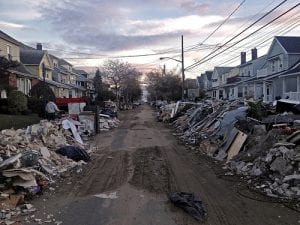
What Prior Disasters Have Taught Housing Advocates About How to Respond to COVID-19
When it comes to helping people maintain or recover their housing, hurricanes and fires aren’t as different from a pandemic as one might think.

Making Loans to Help Formerly Incarcerated People Get Back on Their Feet
CDFIs and nonprofits are figuring out how to help formerly incarcerated people build credit histories and access capital in order to get their lives going.

Using Ride-Hailing Services to Get Patients to Their Doctors
Health care providers and insurers are trying out new transportation models that could vastly benefit their patients—and their bottom lines.

NJ Pays Hospitals to Build Affordable Housing
New Jersey’s Housing and Mortgage Finance Agency offers significant subsidies to encourage local hospitals to build housing for low-income residents and frequent users of hospital services.
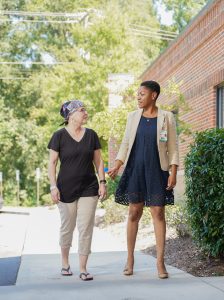
Rural Hospital Struggles Are Also an Economic Development Issue
Aside from the health implications, the closure of a hospital in a rural community deeply impacts the area’s economic wellbeing. But in some cases, it can be avoided.

Evaluating a Program’s Health Outcomes
The Health Outcomes Demonstration Project, a partnership between Success Measures at NeighborWorks America and Enterprise Community Partners, helped organizations measure their programs’ impact on residents’ health.

Getting to the Heart of the Opioid Crisis
In some ways, dealing with the opioid epidemic is a natural fit for community development groups. At the heart, it’s often a problem of poverty: a lack of jobs and opportunities. Here’s how CDCs are using their skills to address the crisis.

Connecting the City’s Social Services to Help At-Risk Populations
A four-year-old Massachusetts program helps vulnerable populations by increasing communication among a range of local groups. And it’s having a positive effect—it’s helping reduce crime.
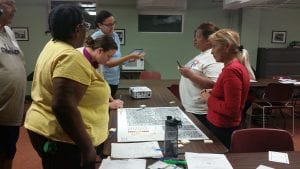
Building Healthy Housing Through Health Action Plans
A pilot program required CDCs to collaborate with public health professionals in order to discover—and address—a community’s pressing health issues. What the collaboration uncovered were issues that the participating CDCs hadn’t even considered.

Closing Liquor Stores, Hoping to Gain Public Health
A new code in Baltimore will reduce the number of liquor stores in the city. Will the change result in a drop in violence? What will happen to store owners?
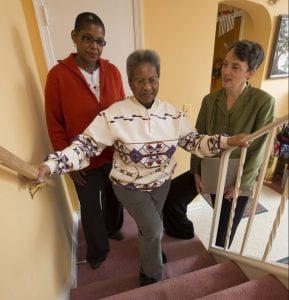
Helping At-Risk Homeowners Stay Put With a Land Trust
For some homeowners at risk of losing their home, City of Lakes Community Land Trust has been able to keep them in place by bringing their home into the land trust.
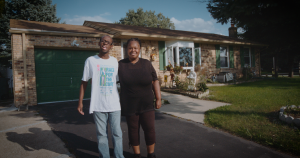
Can Investing in a Community’s Growth Boost Health Outcomes?
ProMedica and LISC team up to fund place-based investments in the hope of improving health outcomes for residents. How do they do it?
